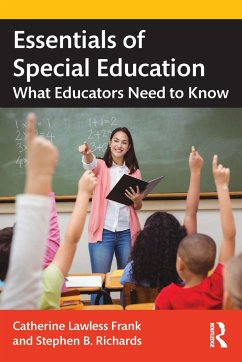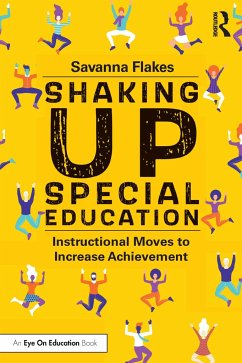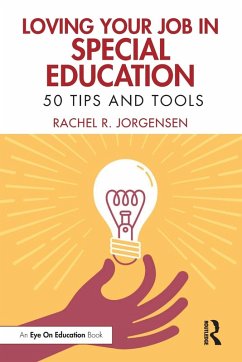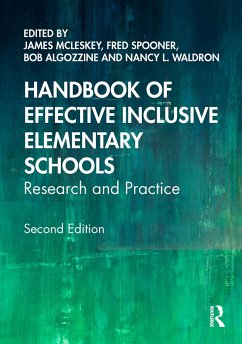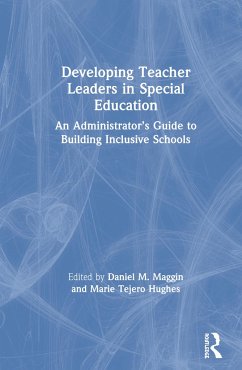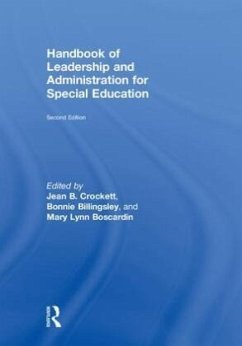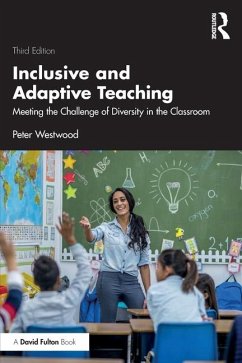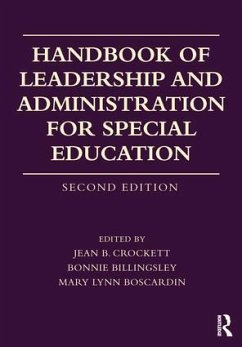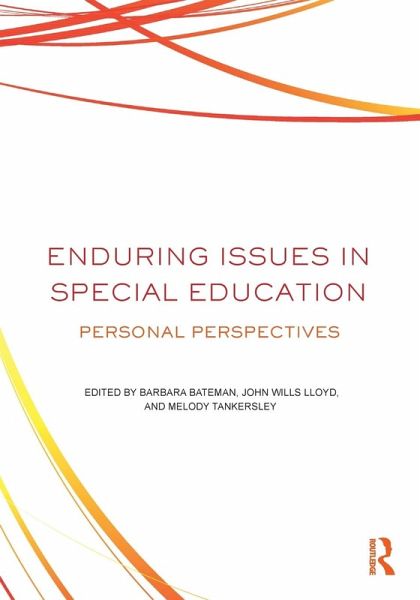
Enduring Issues In Special Education
Personal Perspectives
Herausgeber: Bateman, Barbara; Tankersley, Melody; Lloyd, John Wills

PAYBACK Punkte
39 °P sammeln!
Enduring Issues in Special Education is aimed at any course in the undergraduate or graduate special education curriculum that is wholly or partly devoted to a critical examination of current issues in special education.





